An eye for an eye only ends up making the whole world blind
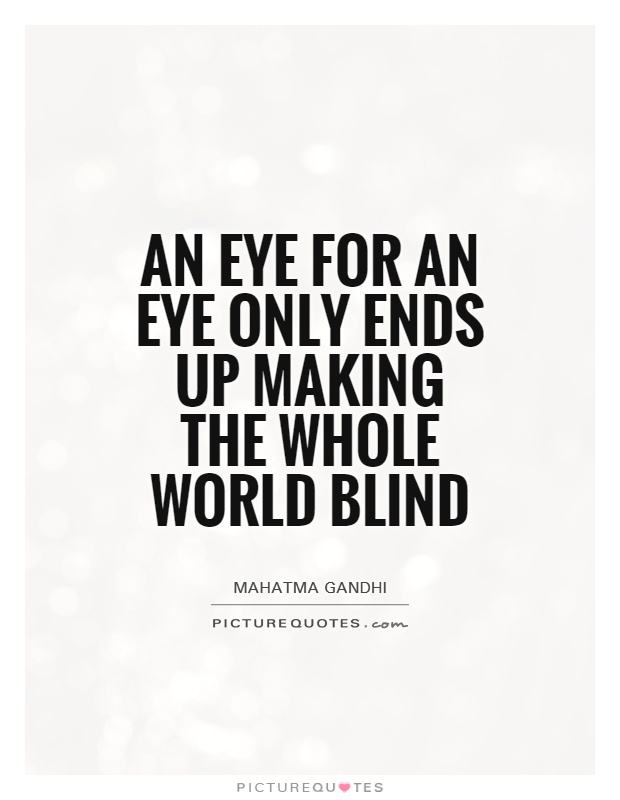
An eye for an eye only ends up making the whole world blind
Mahatma Gandhi, the revered leader of the Indian independence movement, is often quoted as saying, "An eye for an eye only ends up making the whole world blind." This powerful statement encapsulates Gandhi's philosophy of nonviolence and his belief in the power of forgiveness and reconciliation.Gandhi was a firm believer in the principle of ahimsa, or nonviolence, which he saw as the only way to bring about lasting peace and justice in the world. He believed that responding to violence with more violence only perpetuates a cycle of hatred and revenge, ultimately leading to more suffering and destruction. Instead, Gandhi advocated for a more compassionate and empathetic approach to conflict resolution, one that seeks to understand the root causes of violence and address them through dialogue and peaceful means.
Throughout his life, Gandhi practiced what he preached, leading numerous nonviolent protests and campaigns against British colonial rule in India. He famously led the Salt March in 1930, where thousands of Indians peacefully marched to the sea to protest the British salt tax. Despite facing violence and repression from the authorities, Gandhi and his followers remained steadfast in their commitment to nonviolence, ultimately inspiring millions of people around the world to join the struggle for freedom and justice.
Gandhi's philosophy of nonviolence was not just a political strategy, but a deeply held moral and spiritual belief. He believed that all human beings are interconnected and that violence against one person ultimately harms us all. By responding to violence with love and compassion, Gandhi believed that we can break the cycle of hatred and create a more just and peaceful world for future generations.


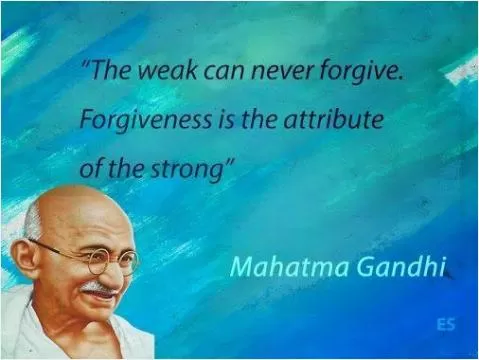

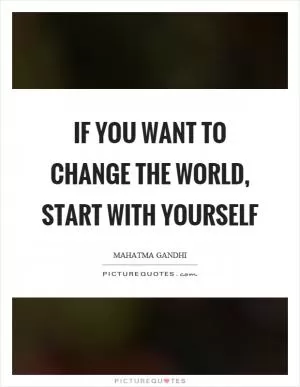
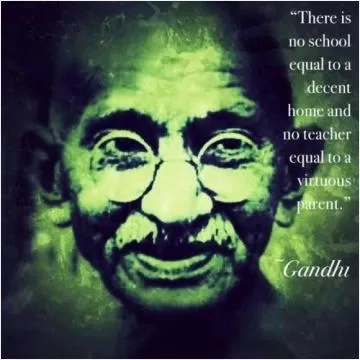


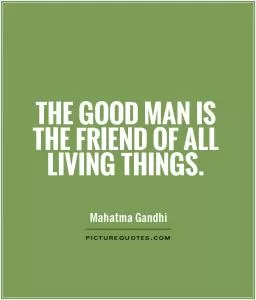
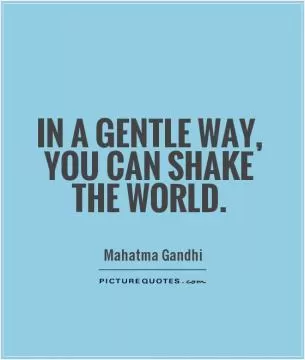
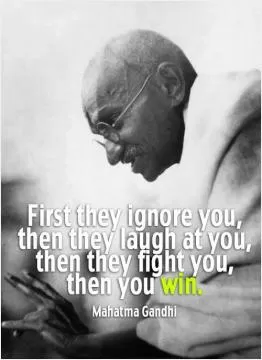
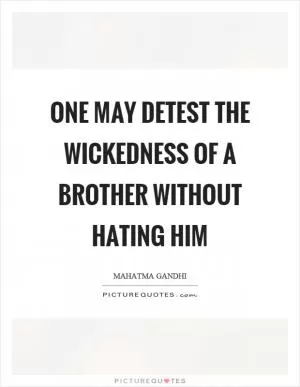
 Friendship Quotes
Friendship Quotes Love Quotes
Love Quotes Life Quotes
Life Quotes Funny Quotes
Funny Quotes Motivational Quotes
Motivational Quotes Inspirational Quotes
Inspirational Quotes